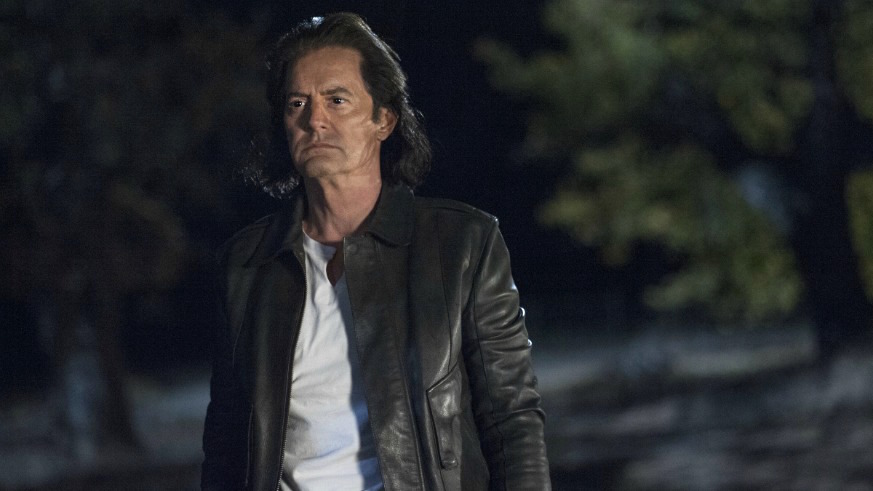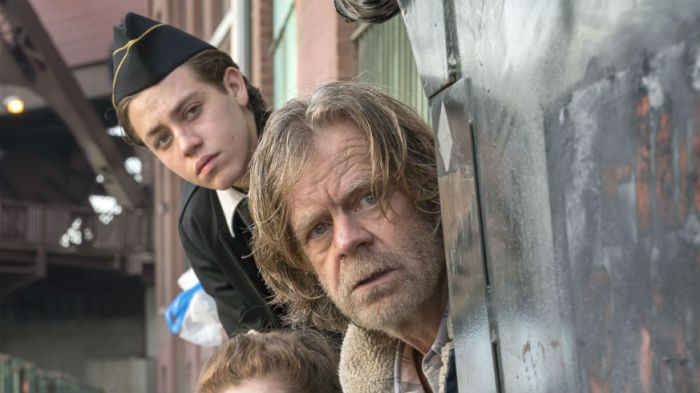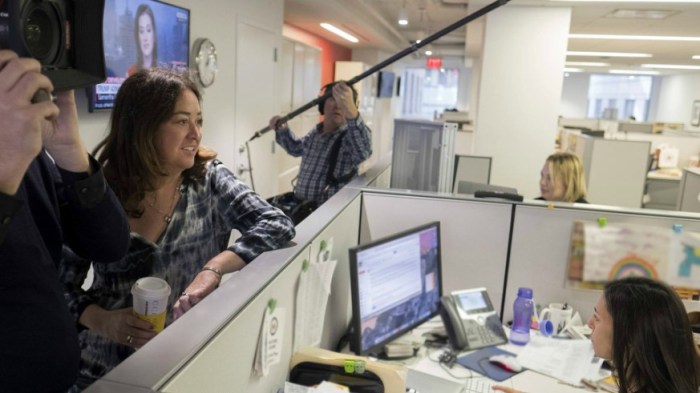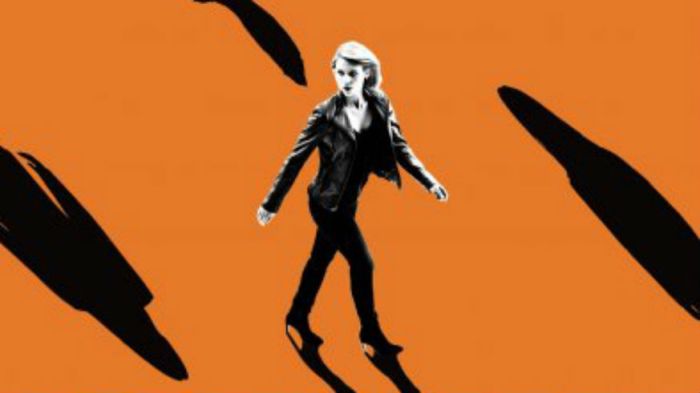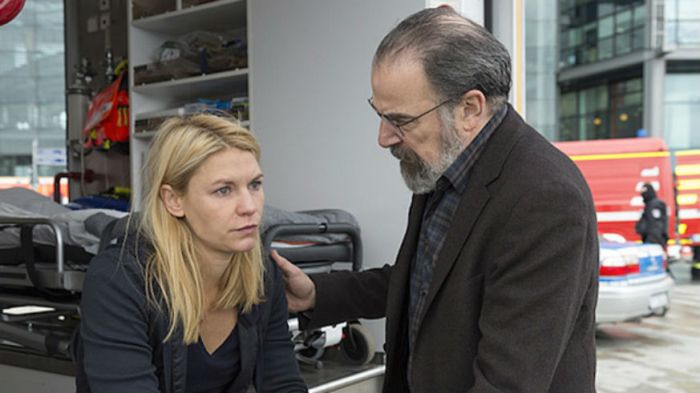In a recent interview with Hollywood Reporter, Kyle MacLachlan offered words that should assure anyone frustrated with the 18-hour avant-garde epic that is the new season of “Twin Peaks”: Stick with it. It’s just David Lynch being David Lynch.
“David’s storytelling is filled with imagery and different perspectives and characters and things that may initially be confusing to people, but ultimately everything will come back together and make sense,” the show’s main star said. “It will be clear.”
Before we get to why we don’t want “Twin Peaks” to be clear, let us state something: We’re not going to take this quote out of context. That’s when you get timeline-clogging annoyances like this current one. We know MacLachlan knows Lynch; the filmmaker gave him his big break. When the actor was still a fresh-faced doll, Lynch cast him in the lead of his infamous “Dune.” He stuck with him for the beloved “Blue Velvet.” And when he needed someone to play lovable weirdo Agent Cooper on his to-be-beloved (if somewhat misremmbered) TV show, Lynch tripled down on MacLachlan. So we know the actor’s not saying “The Return” is a mere puzzle that will all come together by or before the last episode. Because Lynch doesn’t work like that. And, again, MacLachlan knows Lynch.
But we worry people will interpret it that way. They’ll think the weirdness — especially the brilliant hour-long experimental mindf— that was the last-aired episode — will at some point come to an end. They’ll think Lynch will tire of this brand new thing he’s doing and give us classic “Twin Peaks”: coffee, cherry pie, maybe a llama. They’ll ramp up the Reddit-style theorizing about what this means and what that means and not let Lynch, as the critic Matt Zoller Seitz puts it in the just-linked article, rewire our brains with each episode. They’ll start treating it like typical Golden Age TV, which, it should be clear by now, it’s decidedly not.
MacLachlan knows this, too.
“Many people wanted the nostalgic return to the ‘Twin Peaks’ that they remembered. And that’s not what we’re representing here,” he told Hollywood Reporter.
That may enrage some old school “Twin Peaks”-heads, but — at the risk of sounding snobbish (read: to definitely sound snobbish) — we’d say what Lynch is doing with “The Return” is separating the wheat from the chaff. There are definitely fans who have suffered through its eight hours so far, wondering when everything will return to normal (which is to say still very abnormal). But surely some of that crew has gone with it, embraced that Lynch is doing something new and rich and strange.
Then there’s our team: The ones who always wanted it to be this way, to be almost nothing like the original show, and to definitely be nothing like standard television. We’re the ones who love MacLachlan’s Dougie, the brain damaged version of Good Coop — a one- (really two-) joke character who some feel has greatly outstayed his welcome. A large part of us wishes Good Coop never stops being Dougie, because that would be a hilarious way to mess with viewers’ minds even more than it has already. We sit on pins and needles every time Dougie does something that’s faintly Coop-like, afraid he may snap out of it and start talking into his tape recorder like it was 1991 all over again.
By episode seven, it looked like New “Twin Peaks” was on the verge of becoming Old “Twin Peaks.” There was more of Deputy Hawk and company, more of the classic Angelo Badalamenti themes on the soundtrack. (Then again, the hour ended with three minutes of a dude sweeping a barroom floor, which ruled.) We expected episode eight to be even more of a slow slide into “normalcy.” Boy, were we wrong. And boy, did we take sadistic pleasure in reading traditional recaps trying to make sense of what the hell just happened. Then again, we took actual pleasure reading the smart takes that broke it down without spoiling the mystery.
“Twin Peaks” is pushing us all into new territories, forcing us to watch TV (and imbibe art in general) in different ways. And though MacLachlan didn’t mean it will make “sense” in the literal sense, we still hope it won’t make any.
Follow Matt Prigge on Twitter @mattprigge

